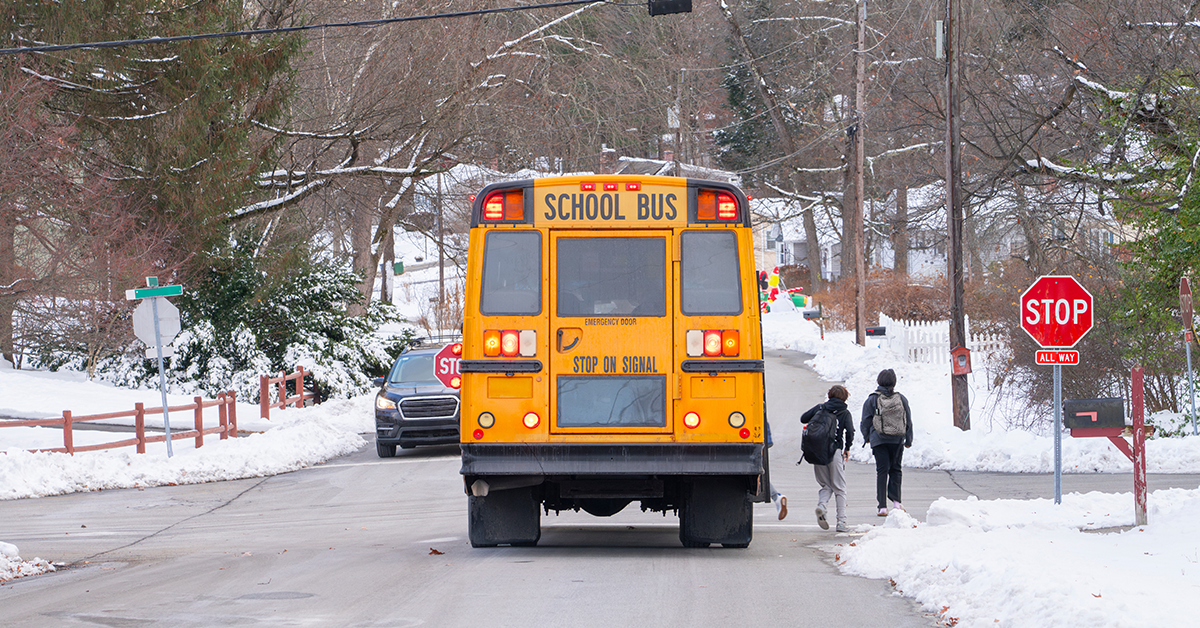Parents trust daycares to keep their children safe. But when injuries happen, it can make them feel upset. If your child has been hurt at a daycare, you need to follow the personal injury lawsuit process to get the compensation you deserve. Filing a claim can be stressful, especially when you’re worried about your child’s well-being. The experienced lawyers at Swartz & Swartz, P.C. are ready to protect your rights and support you through the process. After a daycare injury, you need to follow various steps that are mandatory to preserve your compensation claim. For example, checking daycare’s accident and injury policy can help because it usually has information about who you should contact for questions. Also, make sure the daycare and its staff are properly licensed. Here are some important steps to take if your child is injured at daycare: After a daycare accident, get medical care for your child. It depends on whether the daycare contacts you about the accident. When you get a call or message about your child’s injury, ask about how bad the injury is and what treatment has been given. If you think you don’t have enough information about your child’s injury, consider visiting the daycare to see the injury yourself. In an emergency case, if you’re worried that the injury might be getting worse or not treated properly, call an ambulance to check on your child. When you get details regarding your child’s injury, ask for documentation from the daycare. Every daycare has a policy for creating an incident report. If the daycare facility fails to create the report, obtain information from different sources, such as the policy, ambulance, or your child. Most children don’t communicate about their injury or how it occurred, so you need to pay close attention to them. Contact a personal injury lawyer who can help you get the highest monetary compensation from at-fault parties. An experienced attorney can educate you about the legal rights, filing deadlines, and the viability of your claims. In some cases, an experienced attorney can obtain strong evidence through in-depth investigations. As a result, most daycares and insurance companies look for a timely settlement instead of going for a trial to avoid extra costs. When a child gets hurt in a daycare, there are various parties that you can sue. The most well-known defendants in daycare injury cases are – When a daycare takes care of your child, it bears a legal responsibility to keep them safe. Usually, the daycare itself is responsible if your child gets hurt. You can also hold some of the staff members accountable for your child’s injuries. Whether a particular staff member is to blame depends on the details and evidence of your case. Sometimes, someone outside the daycare might be responsible for your child’s injuries. For example, if your child gets hurt on playground equipment that was poorly designed, the company that made the equipment could be held liable. You can sue the daycare facility when your child gets hurt – as a parent or legal guardian. However, most daycare centers sign a form from the parents stating that the daycare is not responsible for any injuries. This might seem to mean that the daycare can’t be sued, but it is not always true. Whether you can sue or not depends on the details of your situation. Generally, you can file a lawsuit against the daycare if your child is hurt. Remember that you sue on behalf of your child because they are too young to do it alone. Compensation for injuries to children is similar to other injury claims. For example, it can include: When a child receives money for injuries, the court usually sets up a trust to manage the funds. It means the money is kept safe until the child turns 18, at which point they can access it. Often, some of the money is also made available to the parent or guardian to help cover the child’s needs. It’s important to initiate your claim against the daycare facility quickly, as there are some legal time limits. The legal time limit that starts from the date of injury varies from state to state. Once the time limit for filing a lawsuit has passed, you might be unable to take legal action against the daycare or anyone else responsible for your child’s injury. Since your child is considered a minor (under 18) when the injury happens, some states allow them to file a lawsuit up to two years after they turn 18. Memories can fade, so it’s important to talk to knowledgeable personal injury lawyers as soon as possible after your child is hurt. The lawyer can explain your legal options and help gather important evidence for your case. Swartz & Swartz, P.C. experienced attorneys can assess the facts of your case while explaining your legal options and even discussing the viability of your case. Your child’s daycare should be responsible for their failure to keep your child safe. Our attorneys help parents protect their children while building a strong case.What Can Be Your First Steps?
Get Medical Treatment for your Child
Document Your Child’s Injury
Consult an Experienced Lawyer
Who is Liable If Your Child Gets Injured in Daycare?
The daycare facility:
Daycare staff:
Third parties:
What Are Your Rights When Your Child Suffers From a Daycare Injury?
Child Injury Compensation
Legal Time Limits
Need Any Help? Talk to Swartz & Swartz, P.C. Lawyers Today!
Keep Reading
Want more? Here are some other blog posts you might be interested in.




